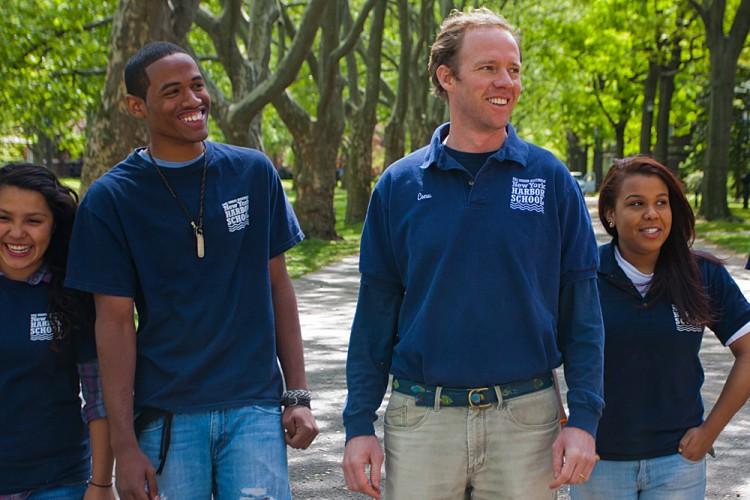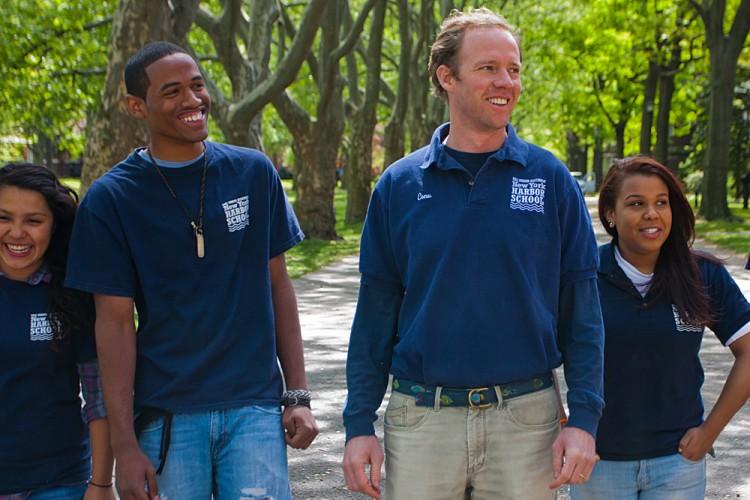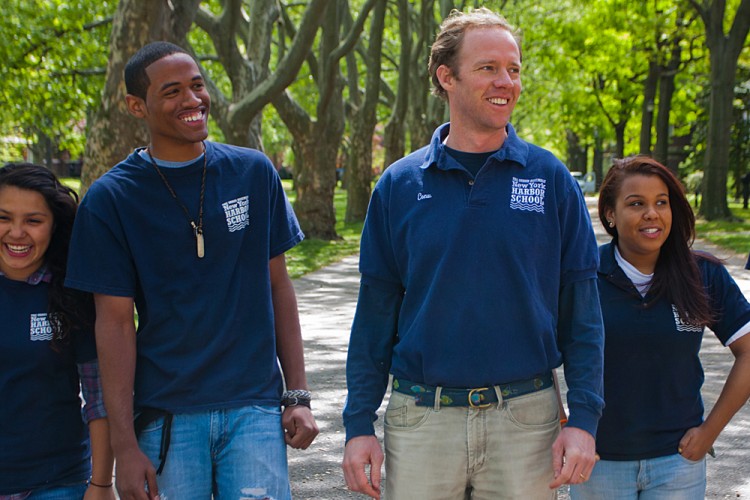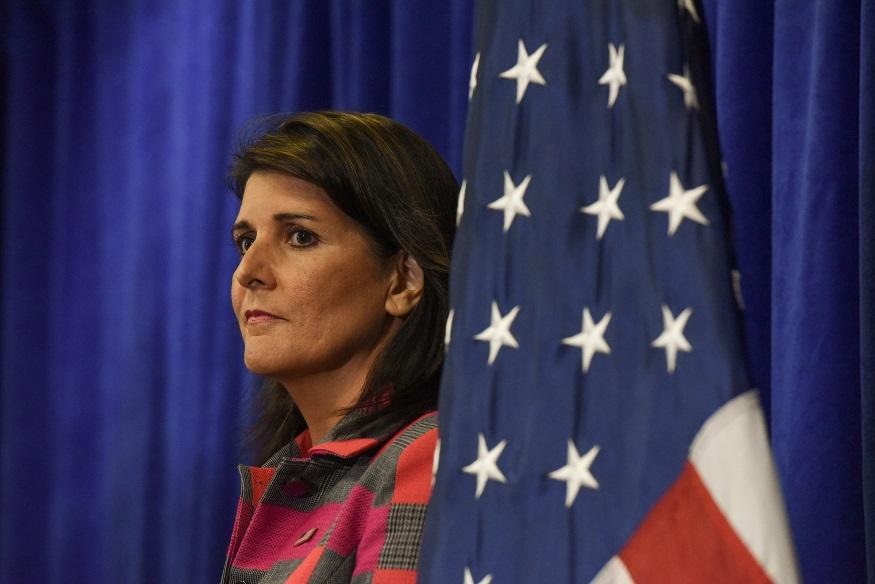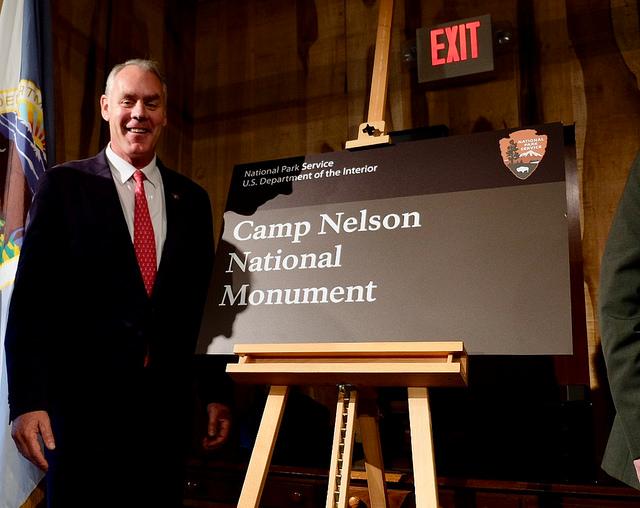At age 6 Murray Fisher had eight pet snakes, and by age 12 he could name every species of bird. Growing up on a family farm just west of Richmond, Virginia, most of young Fisher’s time was spent playing outside. Fishing and playing in the lakes and rivers was routine, and exploration was constant.
For the co-founder of New York Harbor School, nature has always been a passion.
“I knew from an early age that I wanted my life’s work to be about studying and preserving nature,” Fisher said from a pier on Governor’s Island at the end of April. “I felt as though that meant I had to go into a career related to that stuff, so that is why I ended up going into college and majoring in biology.”
Fisher was an A-student in high school, but as a biology major at Vanderbilt University in Nashville in the early 1990s, he struggled. “Everyone else was pre-med. They were all working harder than me, and they were all spending more time studying,” he said.
For a guy who had felt a sincere calling to nature all his life, he began to question if he had chosen the right career path. Fisher decided to take a year off to refocus.
